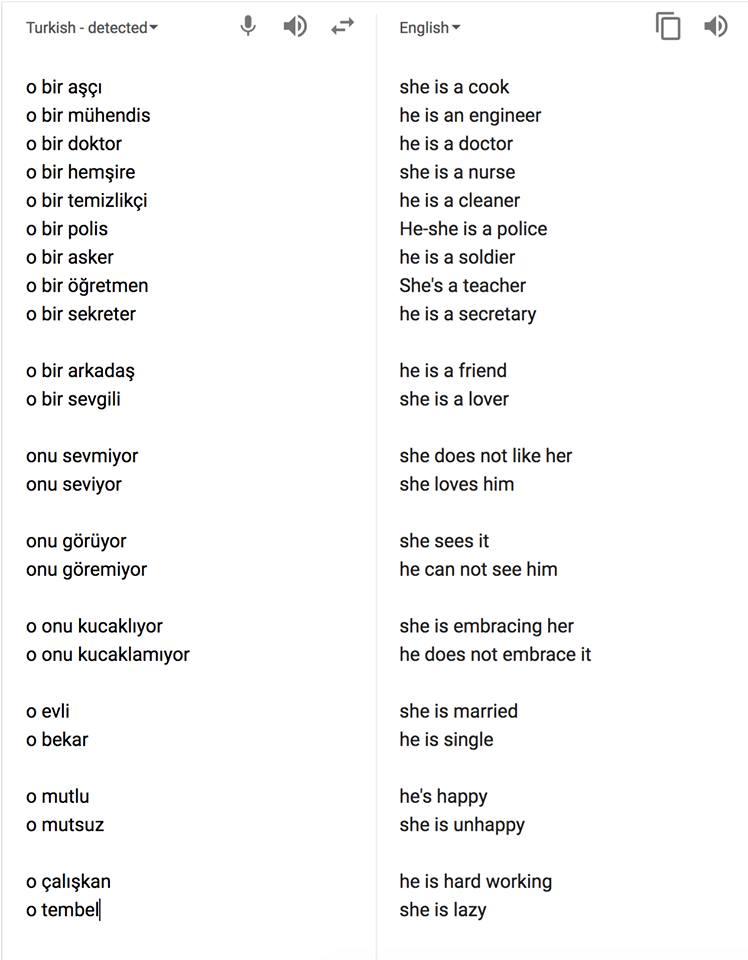Today, Trump imposed a new round of sanctions on Iran. This is just months after he violated the Nuclear Deal, breaking the 2015 agreement by both the US and Iran committing both sides to diplomacy. #IranSanctions
Sanctions are a form of silent warfare, make no mistake about it.
Sanctions are a form of silent warfare, make no mistake about it.
These sanctions coincide with the 73rd anniversary of the US nuclear bombing of Hiroshima and Nagasaki, the only time in history a military has used nuclear weapons to obliterate entire cities.
Apparently, the irony is lost on Trump that he is imposing sanctions on Iran and threatening to launch a war under the pretext of stopping Iran from getting nukes - on the exact anniversary of the day the US slaughtered hundreds of thousands of Japanese with nuclear bombs.
Few in the US are talking about the sanctions on Iran, but if Americans want to understand how their country is seen in the rest of the world - and the incredible damage it’s causing - they need to understand what sanctions on Iran mean for Iranians.
Trump’s sanctions cover all aspects of Iran’s economy, with the goal of crippling the nation. Based on his statements as well as those of his advisors, the end goal is regime change, and Iran's 80 million people will be the main victims.
In the last month, before sanctions even took effect, the Iranian rial collapsed, losing 70% of its value as millions panicked because the new sanctions will cut off Iran from the global financial system, making it impossible for Iranians to buy or sell with other countries.
This will cut off the supply of any products they import from abroad. If past rounds of sanctions are any guide, there will be shortages of essential goods, with results like hospitals being forced to turn to black market smugglers to acquire basic medicines.
The new sanctions also target Iran’s national airline. Iran Air has an aging fleet with one of the worst crash records in the world - because for decades, US sanctions have meant they can’t buy the parts they need to repair the planes.
In 2015, after the Nuclear Deal, Iran was finally able to buy parts - and promptly signed a $39.5 billion deal with Boeing and Airbus. Now, that deal is cancelled - and Iran Air planes will continue falling out of the sky.
Next, the sanctions target Iran’s major industries- slapping bans on Persian carpets, pistachios, caviar, cars and other industries that employ millions of people. This will undoubtedly increase unemployment, tightening the screws around the lives of millions.
Make no mistake about it: this is a declaration of war on the Iranian people.
And Trump - along with his allies Israel and Saudi Arabia, who've both been pushing for war on Iran - are determined to make tens of millions of Iranians suffer for their own political gain.
And Trump - along with his allies Israel and Saudi Arabia, who've both been pushing for war on Iran - are determined to make tens of millions of Iranians suffer for their own political gain.
Trump's sanctions are going to literally kill Iranians in the name of saving them. #IranSanctions
theguardian.com/world/2018/aug…
theguardian.com/world/2018/aug…
"We are once again reminded of the inhumanity of collective punishment; of the fact that sanctions ultimately don’t “target,” they spread and ensnare instead."
ajammc.com/2013/10/03/15-…
ajammc.com/2013/10/03/15-…
"For years, there has been a plethora of birth control pills and contraceptives easily available and extremely affordable in Iran. It is only in the aftermath of American-led sanctions that most of these options have disappeared from pharmacies." huffingtonpost.com/narges-bajoghl…
• • •
Missing some Tweet in this thread? You can try to
force a refresh





